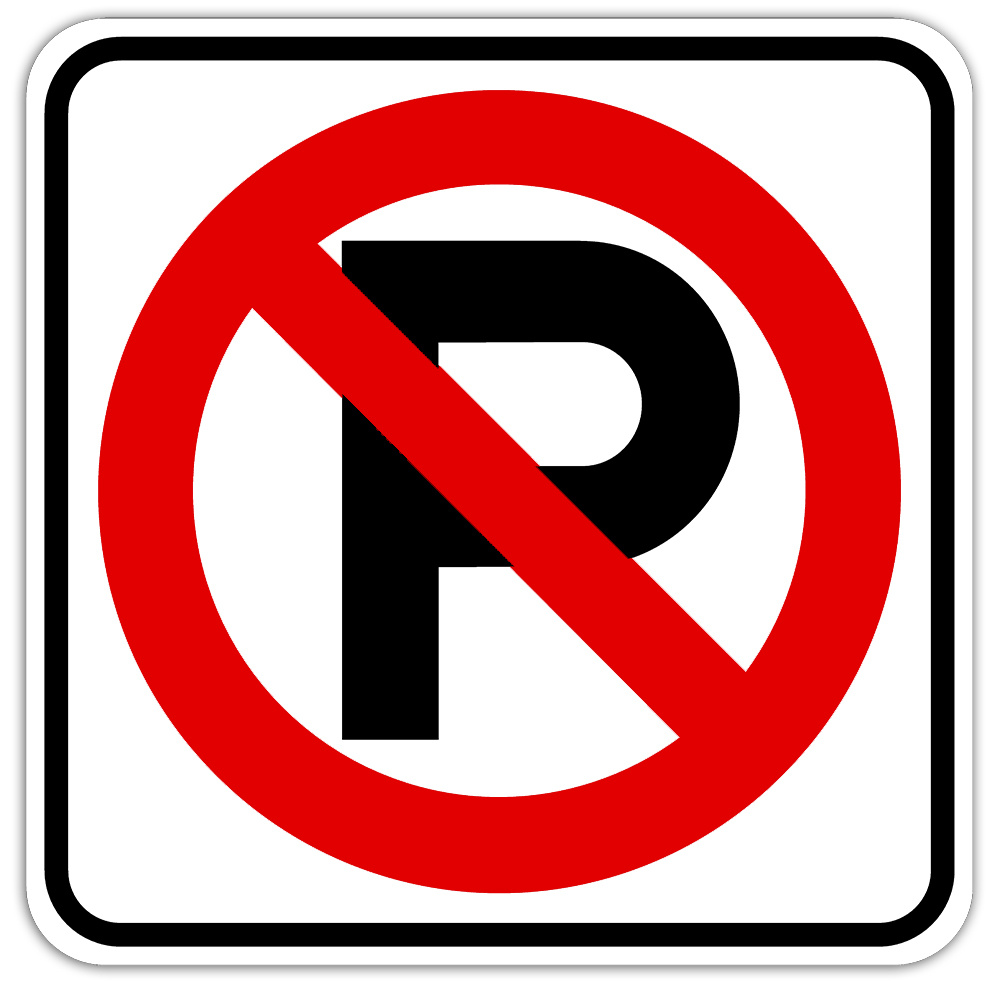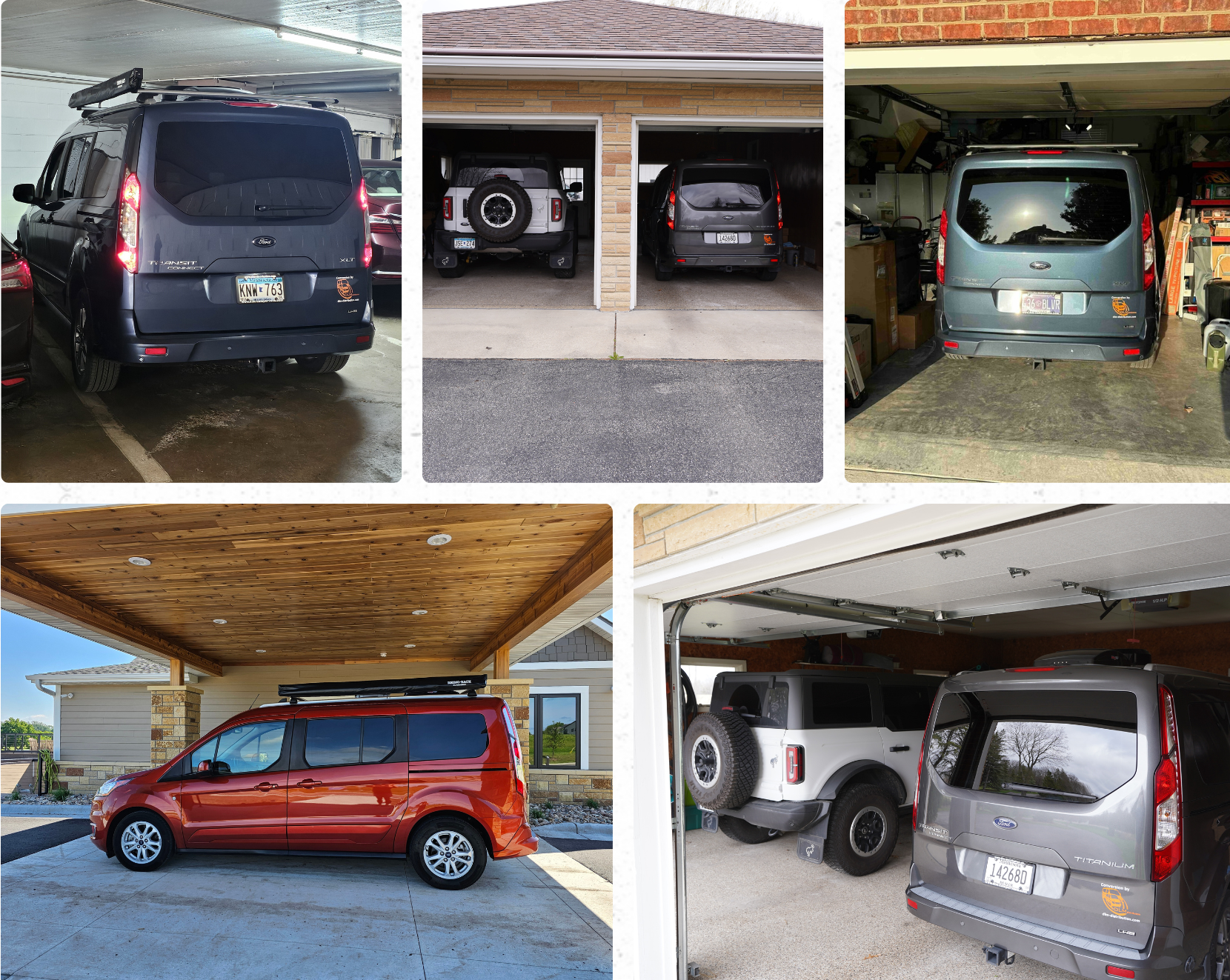NEWS
Many homeowners enjoy the peace, order, and aesthetics that a Homeowners Association (HOA) provides. However, this often comes with a set of rules and restrictions, particularly around vehicles. Understanding these restrictions is critical, especially if you own a recreational vehicle (RV), work truck, or any vehicle that might be classified as "commercial." Let's dive into common HOA vehicle restrictions, focusing on RVs, work trucks, and commercial vehicles, and why they are often misunderstood.

Commercial Vehicle Restrictions
One of the most common sources of confusion involves commercial vehicles. Many homeowners think that if their license plate doesn’t explicitly state "commercial," their vehicle is exempt from restrictions. Unfortunately, that’s not always the case. HOA rules often have their own definitions of what constitutes a commercial vehicle, which may include more than just what's written on the license plate.
How HOAs Define Commercial Vehicles
While state regulations might define a commercial vehicle based on its use or registration, HOAs often apply their own criteria. A commercial vehicle in the eyes of the HOA might be any vehicle used primarily for business purposes or one that displays any kind of commercial advertising, like a company logo, business name, or even equipment racks on a truck. For example:
Vans and trucks with business logos or decals are often categorized as commercial.
Pickup trucks or other large vehicles that are clearly used for work purposes, even if they're privately registered, may also fall under this definition.
Work-related equipment like ladders or toolboxes mounted to the vehicle can lead to classification as commercial, even if the vehicle is not technically registered as such.
Some HOAs will also set size limits for vehicles parked in driveways or on the street, regardless of how they're registered or used. If your vehicle exceeds a certain length, height, or weight, it might be prohibited.
Restrictions on RVs and Large Vehicles
RVs, motorhomes, and even some campervans fall into another category that HOAs tend to regulate strictly. Most HOAs do not allow RVs to be parked in driveways, on the street, or in common areas. These rules aim to maintain the visual aesthetics of the neighborhood and ensure there’s plenty of parking for everyday vehicles. While some homeowners argue that their RVs are used for family trips and recreation, many HOAs won’t make exceptions unless the RV is parked inside a garage—and even then, space can be an issue.
What Counts as an RV?
It’s important to understand that HOA regulations around RVs can vary widely. Some may include anything that has sleeping quarters and is designed for travel, while others might only regulate motorhomes or large fifth-wheel trailers. In many cases, campervans that are large or prominently marked as recreational vehicles will also fall into this category.
Work Trucks and Oversized Vehicles
If you use a truck for work and it’s larger than the typical personal vehicle, it might run afoul of HOA rules. Work trucks, especially those with utility beds, tool racks, or oversized cargo areas, are often restricted from parking in residential neighborhoods governed by an HOA.
Size limits often apply here as well. If your truck exceeds a certain length, height, or weight, even if it’s a personal vehicle, it could violate HOA guidelines.
Misconception: "If it Fits, It’s Fine"
One misconception is that as long as a vehicle fits in your driveway, it should be allowed. However, many HOAs don’t just focus on size but also on the vehicle's purpose and appearance. If a truck looks like it’s meant for commercial use—due to branding, equipment, or bulk—it may be restricted, even if it fits perfectly in a parking spot.
How to Avoid Issues with HOA Vehicle Restrictions
Understanding the specific vehicle rules outlined by your HOA is critical to avoiding fines, warnings, or disputes. Be sure to carefully read your HOA’s bylaws or declarations regarding vehicle restrictions and ask for clarification when necessary. If you're unsure whether your vehicle qualifies as commercial or recreational, or if it’s too large, reach out to your HOA board for clarification.
Some Common Solutions:
~Garage Parking: If your vehicle is restricted but garaging it is allowed, consider if it can be stored in your garage. However, large trucks and RVs often won’t fit, leaving homeowners with few options.
~Off-Site Storage: Many RV owners find themselves parking their vehicle at an off-site storage facility when not in use, but this can be costly and inconvenient.
The Mini-T Campervan: A Perfect Solution for HOA Restrictions
If you're someone who enjoys travel and camping but lives in an HOA-regulated neighborhood, finding a vehicle that fits both your adventurous lifestyle and your HOA’s restrictions can be a challenge. Enter the Mini-T Campervan—the perfect solution for those who love to explore but want to avoid the headache of HOA rules.
The Mini-T Campervan is unique in that it is designed to fit in standard garages, meaning it can be parked at home without issue. While most HOAs restrict traditional RVs and larger campervans, the Mini-T Campervan is not registered as an RV but as a standard vehicle, making it much easier to comply with HOA guidelines.

This campervan offers:
~Compact Size: It fits in a standard garage and is no bigger than most everyday vehicles.
~Practical Features: With a fold-away bed, solar power for off-grid capabilities, a microwave, and a compact refrigerator, it provides all the comforts of home while still being HOA-compliant.
~Eco-Friendly and Fuel Efficient: With up to 28 MPG, it’s as economical as it gets for a vehicle with these capabilities.
For those who want the flexibility to travel without the hassle of finding off-site storage or dealing with HOA fines, the Mini-T Campervan is a perfect fit. It’s both a camper and an everyday vehicle, offering the best of both worlds.
Navigating HOA vehicle restrictions can be tricky, but understanding the rules and finding a solution like the Mini-T Campervan can make life a lot easier. Whether you're looking to avoid fines, enjoy hassle-free travel, or simply park your vehicle at home, the Mini-T offers a practical, affordable, and HOA-friendly option for anyone who loves to hit the road.
DLM-Distribution
DLM-Distribution / Campervans is a licensed manufacture and dealer located in Lake Crystal Minnesota serving clients around the country
Contact Dave: 651-285-7089 or Candy: 507-382-9446 today!
